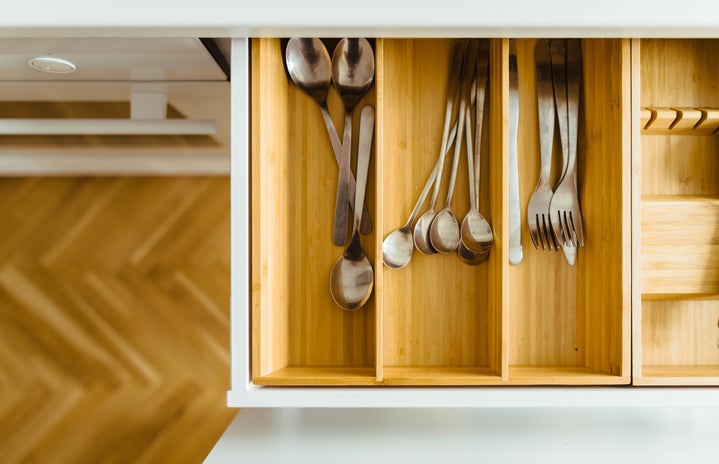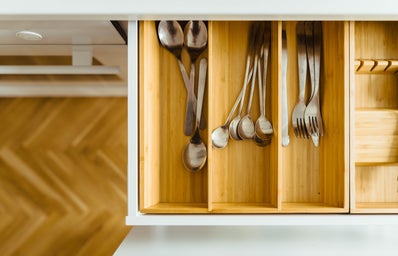The Food Network is one of my favorite channels, especially when I’m hungry. The obscene quantities of decadent food, the intense flavors and the almost sport-like atmosphere always ensures entertainment and a rumbling stomach. More importantly, the Food Network is the most representative television channel of American culture you can find. Culture is something that we often define by a few characteristics- food being one of them. So when looking at cooking shows across different cultures, we can find some interesting clues to the differences between us, the most perfect example: The Great British Baking Show.
Quantity: Great British Baking Show vs. Cupcake Wars
How many cupcakes do you think are too many cupcakes? If you answered “there are never too many cupcakes” then you lack certain British sensibilities. While our English friends determine that quantity is decided by how many people are invited to your dinner party, Cupcake Wars takes a decidedly different approach with displays that fit 1,000 cupcakes. Do you know how many calories that is? Because I looked it up: 131,000 calories. That’s a few too many.
Decor: Great British Baking Show vs. Legit Any Food Show
Do you prefer to bake in an industrial garage or countryside garden? I mean, the proper answer is probably neither. The garage is probably all dusty and a garden has bugs/weather/animals, etc. The decor of the show really says a lot about how Americans and Britons view cooking as a whole. One is competitive and industrial and the other is a pastoral pastime. This is a very generalized statement but the decor and logos hint at how we judge cooking talent.
Hosts: Great British Baking Show vs. Master Chef
Does the baking stand alone? Or do we need to spice it up in order to catch viewers? The Great British Baking Show’s hosts, two phenomenally individual women, are witty, a little awkward and extremely supportive of the chefs. In other shows, particularly Master Chef (yes, I know Gordon Ramsay is British but it’s just so American) the host is the main source of time pressure and excitement as they constantly introduce new twists in the game and stand aloof (or yell at the contestants). British television considers the act of baking an interesting enough topic to let the food speak for itself, rather than rack up the ratings by yelling obscenities.
Attitude of the Players: Great British Baking Show vs. Chopped
You may have heard of the stereotype that Brits value politeness and manners above all else, and while that may not apply to the entire nation, it definitely applies to the contestants on the Great British Baking Show. Voices are never raised even when the cookie crumbles. Swearing is basically against the rules and there’s no sabotaging. In Chopped, you often find the contestants laughing at the misfortunes of their costars or throwing insults across the table.
The reason why Americans have found such joy in watching the Great British Baking Show lies in cultural difference. After watching years of food television where chefs scream at each other, food is produced in mass quantities and even the act of preparing a meal is made competitive, we long for the simple pastoral lifestyle portrayed in the Great British Baking Show. As the camera pans over the pastel-painted scenery, it’s in such stark contrast to the familiar stone and wood sets of American food competitions that we are drawn into the controlled world of petite British pastries.

